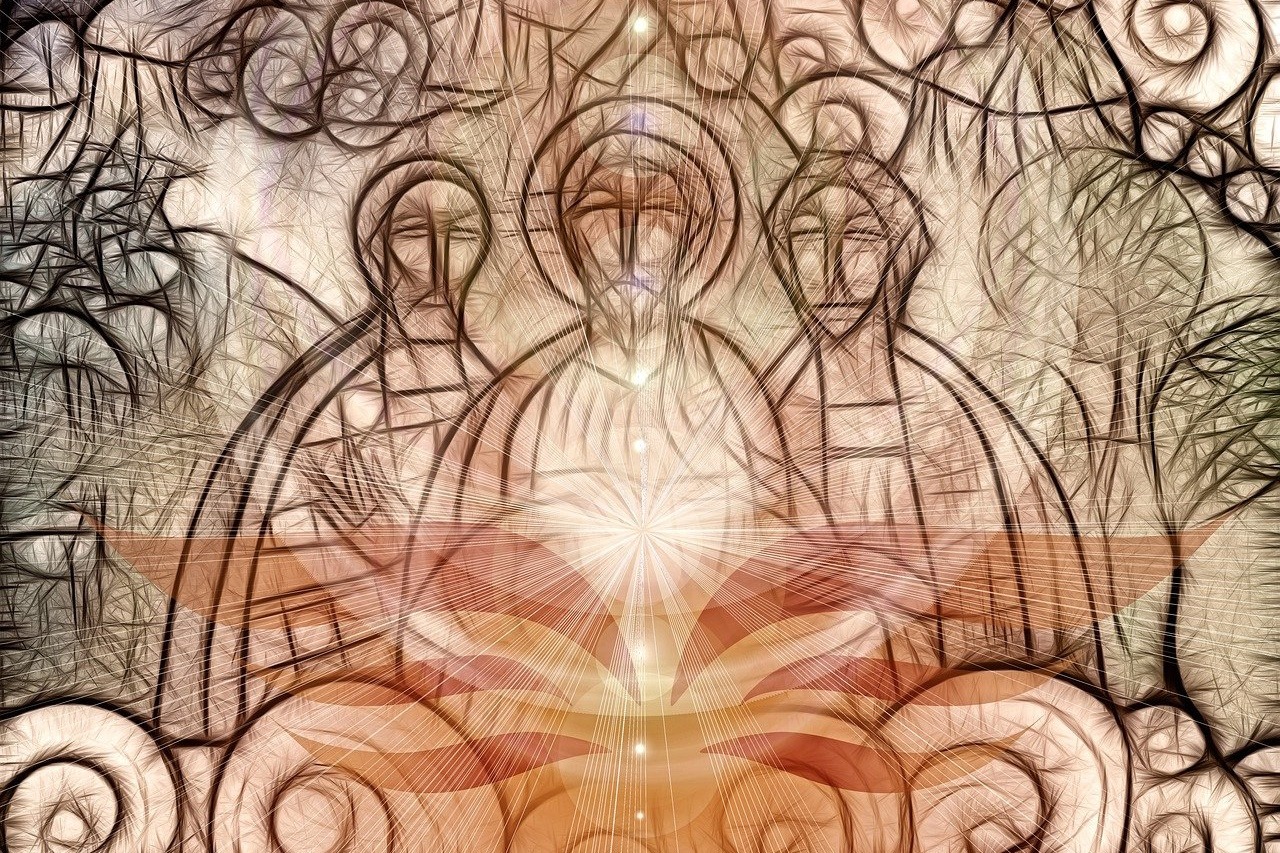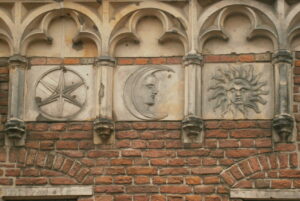Acts 2:1-11 (RM) or 1-21 (RCL); Psalm 104; 1 Corinthians 12: 3b-7, 12-13 (RM) or 3b-13 (RCL); John 20: 19-23.
There’s Pentecost and then there’s, well, Pentecost.
Luke and John tell very different stories of Pentecost, and we get to hear them stacked up against each other this week. It’s another helpful reminder not to absolutize the literal surface reading of a text, particularly a story. We need to dig deeper.
To start with, for the Johannine community the Holy Spirit comes upon the gathered disciples with the gentle subtlety of a breath, right away on the day of Easter. But the gift of the Spirit is coupled with what sounds like a formal commission to control the forgiveness of sins. Wha?
The reference here is not to penance and absolution, nor to guilt. In the words of commentator Matt Skinner,
“Jesus is not appointing the church as his moral watchdog” (…good to know…), “nor does he commission it to arbitrate people’s assets and liabilities on a heavenly balance sheet.”
It’s not about what people have done or haven’t done, it’s more about what they haven’t seen, or recognized, or accepted. And what they had just seen, in the form of Christ resurrected and moving among them, beggared belief.
Yet precisely in that daring belief, so daring that the one who hadn’t been present refused to believe it until he could physically touch the evidence for himself, right in that belief lay the potential for freedom. “Set free” or “release” would have been a more accurate translation of “forgive,” at least because of the overtones of sin and sinfulness we associate with “forgive.” Those who had known Jesus were commissioned to spread genuine freedom, a freedom from fear. “Creator sets free” is the name in the First Nations translation of the Bible for Jesus.
Luke, when he tells the story in Acts, basically picks up the occasion of the next major event on the Jewish festal calendar at that time. Luke was written a generation earlier than John; even earlier than that, the first account of the events after Easter in 1 Corinthians 15 doesn’t mention the giving of the Spirit at all. Acts doesn’t tell us how many were in the room when the Spirit blew through, but interestingly, the Greek uses non-gender specific language. These early Christians, women and men, spoke in languages familiar to the diverse audience that was gathered, and caused absolute amazement, a reversal of the Hebrew Bible story of the Tower of Babel. The driving motive here is to depict the universality of the Spirit-filled community of Christians. Those who were separated by geographic origin, culture and language, and unable to communicate with each other otherwise, now find their human divisions transcended by a means they could not possibly have forged themselves. The effect of the Spirit was nothing less than cosmic, transcending human ambitions and human limitations.
No one was excluded. What has been called the “democracy of the Spirit” gives a voice – and an understandable one at that – to all.
© Susan K. Roll
Susan Roll retired from the Faculty of Theology at Saint Paul University, Ottawa, in 2018, where she served as Director of the Sophia Research Centre. Her research and publications are centred in the fields of liturgy, sacraments, and feminist theology. She holds a Ph.D. from the Catholic University of Leuven (Louvain), Belgium, and has been involved with international academic societies in liturgy and theology, as well as university chaplaincy, Indigenous ministry and church reform projects.





In a polarized world, I find great hope in your scriptural insight that: “Those who were separated by geographic origin, culture and language, and unable to communicate … now find their human divisions transcended by a means they could not possibly have forged themselves.”